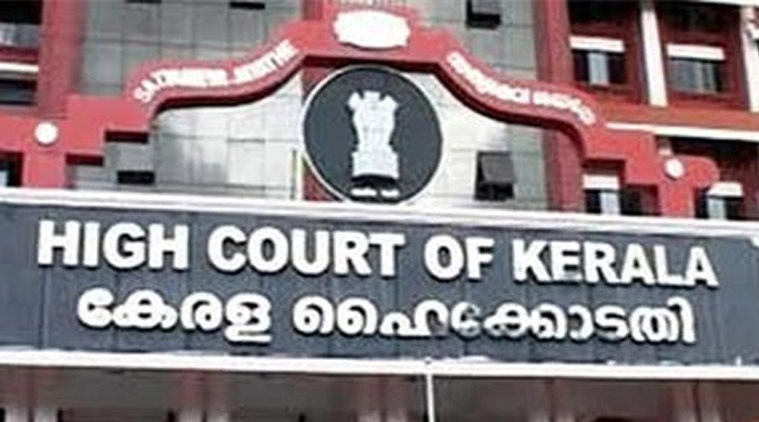Opinion The deeper breakdown
Kerala HC penalises government for wrongful confinement of a detenue. But compensation may not be enough.

 A person cannot be arrested merely based on his/her’s affiliation to the organisation, rules Kerala High Cout bench. (Source: Express Archive)
A person cannot be arrested merely based on his/her’s affiliation to the organisation, rules Kerala High Cout bench. (Source: Express Archive)
Last week, the Kerala High Court, while reiterating that the police cannot detain anyone without reasonable grounds for suspicion, ordered the state government to pay compensation of Rs 1 lakh and litigation charges of Rs 10,000 to a person detained on charges of being a Maoist. Drawing upon a 2011 Supreme Court ruling, the judge said that being in possession of banned literature is no crime, and a person may be arrested only if he can be proved to have committed any unlawful activity. The court found merit in the petitioner’s claim that the police detained him merely on hearsay and the government must, therefore, compensate him for his distress.
The court’s invocation of the tort law to order compensation is welcome and could act as a deterrent against police excess in future. But it is also true that this law is still underdeveloped in our country. Ascertaining who deserves to be compensated and how much for what offence is tricky, and it is often difficult to judge whether someone was detained in police and judicial custody, or let off, due to systemic failure or malicious intent or other reasons. The fact is, the conviction rates for all sorts of crime — from theft and burglary to rape and murder to terrorism — are low, and falling, in India, and undertrials are
forced to spend extended periods in jail before the judicial process is concluded. For instance, if more than 50 per cent of murder cases ended in conviction in 1953, the figure dipped to 36.5 per cent by 2013. The poor quality of evidence gathering and investigation processes, long-drawn out trials and the absence of quality legal representation for the poor have together contributed to this trend. Cases related to terror and insurgency draw greater attention and publicity, and anti-terror laws have emboldened and allowed state agencies to claim a state of exception, but these are certainly not the only category of cases where the police and judicial processes continue to fail the citizen and endanger individual liberties.
In such a system, compensation may be a quick fix and an interim measure. The real solution will involve a more thorough effort to reform a broken criminal justice system.





